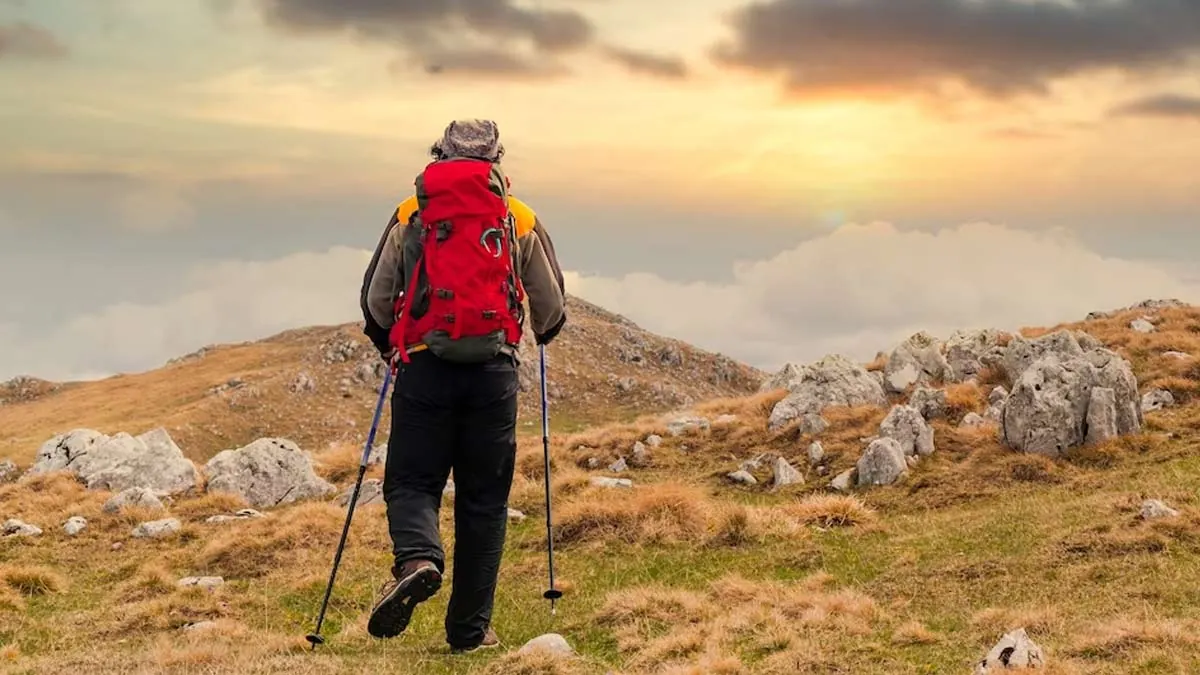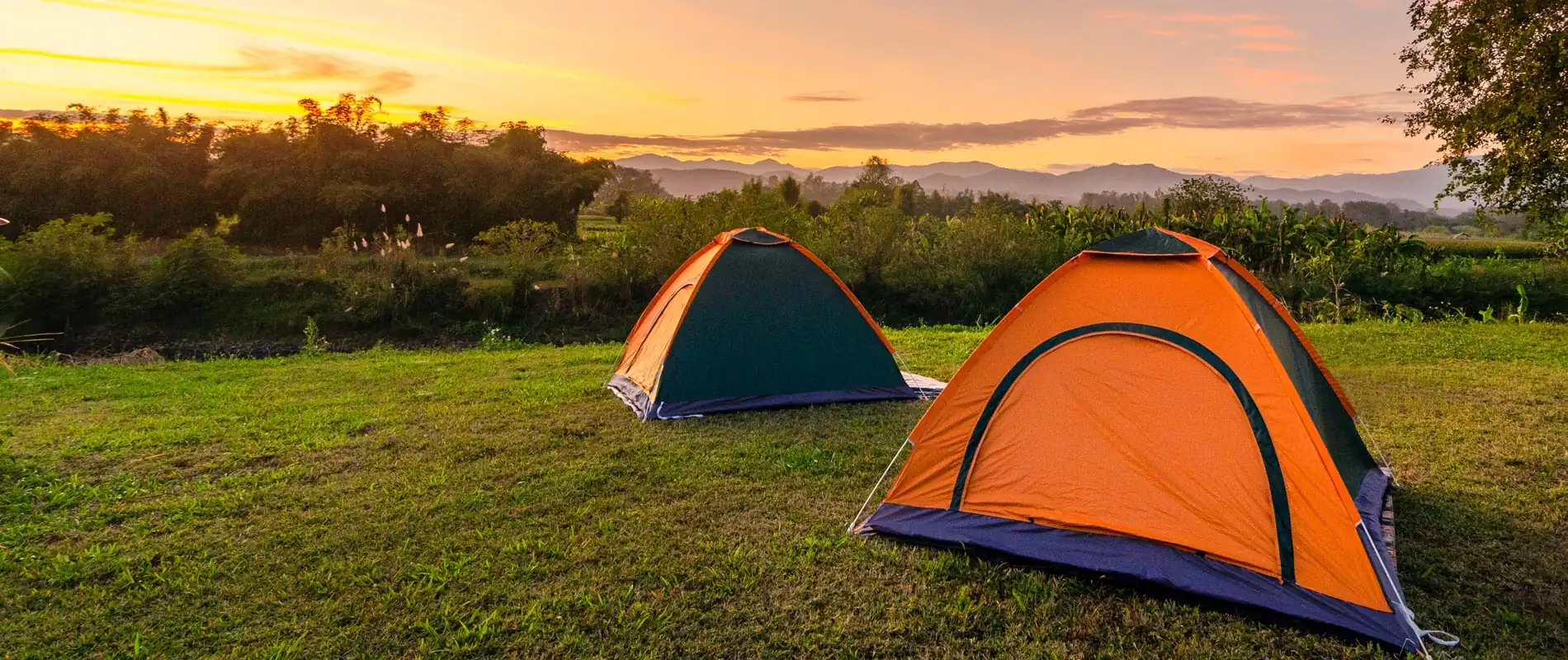Marsar Lake - The Hidden Beauty
Pulwama
Overview
Marsar Lake is a beautiful alpine lake located in the Kashmir Valley, about 3,800 metres above sea level. The lake is surrounded by stunning snow-covered mountains and lush green meadows, making it a popular destination for trekkers and nature lovers. Marsar Lake is known for its crystal-clear blue waters and is often part of the Tarsar-Marsar trek, which takes visitors through breathtaking landscapes of the Kashmir region. The lake is fed by glaciers and streams, and its pristine surroundings make it ideal for camping and photography.
Weather
Summer (June to August)
Temperature Daytime temperatures range from 10°C to 20°C while nights can be quite chilly, dropping to around 5°C Conditions This is the best time to visit, as the weather is generally clear, and the snow has melted, making trekking routes accessible. The alpine meadows bloom with wildflowers, creating stunning landscapes. .
Autumn (September to October)
Daytime temperatures start to drop, ranging from 5°C to 15°C. Conditions The weather can be unpredictable, with occasional rain or early snowfall. The scenery transforms with autumn colours, providing a different beauty to the landscape. .
Winter (November to March)
Winter temperatures can plummet to 5°C or lower, especially at night. Heavy snowfall often occurs, making the area inaccessible for trekking. The lake may freeze over, creating a picturesque but harsh winter landscape.
Spring (April to May)
Temperatures begin to rise, ranging from 5°C to 15°C. Conditions: The snow starts melting, and the area begins to bloom, but conditions can still be cold and wet, particularly in early spring. Travellers should be prepared for sudden weather changes, especially in the higher altitudes. For the most current weather updates, it’s advisable to check local forecasts before planning your trip.
How to Reach
By Air
The nearest airport is Srinagar International Airport located about 100 km from the starting point of the trek. From Srinagar, you can take a taxi or bus to Pahalgam or Aru Valley, the common base points for the Marsar Lake trek. .
By Road
From Srinagar, you can reach Pahalgam (about 90 km away) or Aru Valley(about 12 km from Pahalgam) by taxi or bus. The roads are well-connected, and both Pahalgam and Aru Valley serve as the starting points for the Marsar Lake trek.
By Trekking
From Aru Valley The trek to Marsar Lake takes 2-3 days, covering scenic meadows, streams, and alpine landscapes. The trek is moderate in difficulty, and guided tours or local porters can be hired for assistance.
Best time to Visit
June to September
The best time to visit Marsar Lake is from June to September. During this period, the weather is pleasant, with daytime temperatures ranging from 10°C to 20°C, and the snow has melted, making the trekking routes accessible. The alpine meadows are in full bloom, and the skies are mostly clear, offering breathtaking views of the lake and surrounding mountains. This season is ideal for trekking, camping, and photography.
History
Marsar Lake, located in Jammu and Kashmir, is an alpine lake known for its beauty and deep cultural significance. Mentioned in 16th-century poetry by Yusuf Shah Chak, it is often paired with Tarsar Lake. Local legends claim that disturbing its waters can cause heavy rainfall, adding to its mysterious aura. The lake is near Dachigam National Park, with its outflow feeding into Dal Lake. A popular trekking destination, the Tarsar-Marsar Trek attracts adventurers seeking Kashmir’s pristine landscapes and folklore-rich history.


























